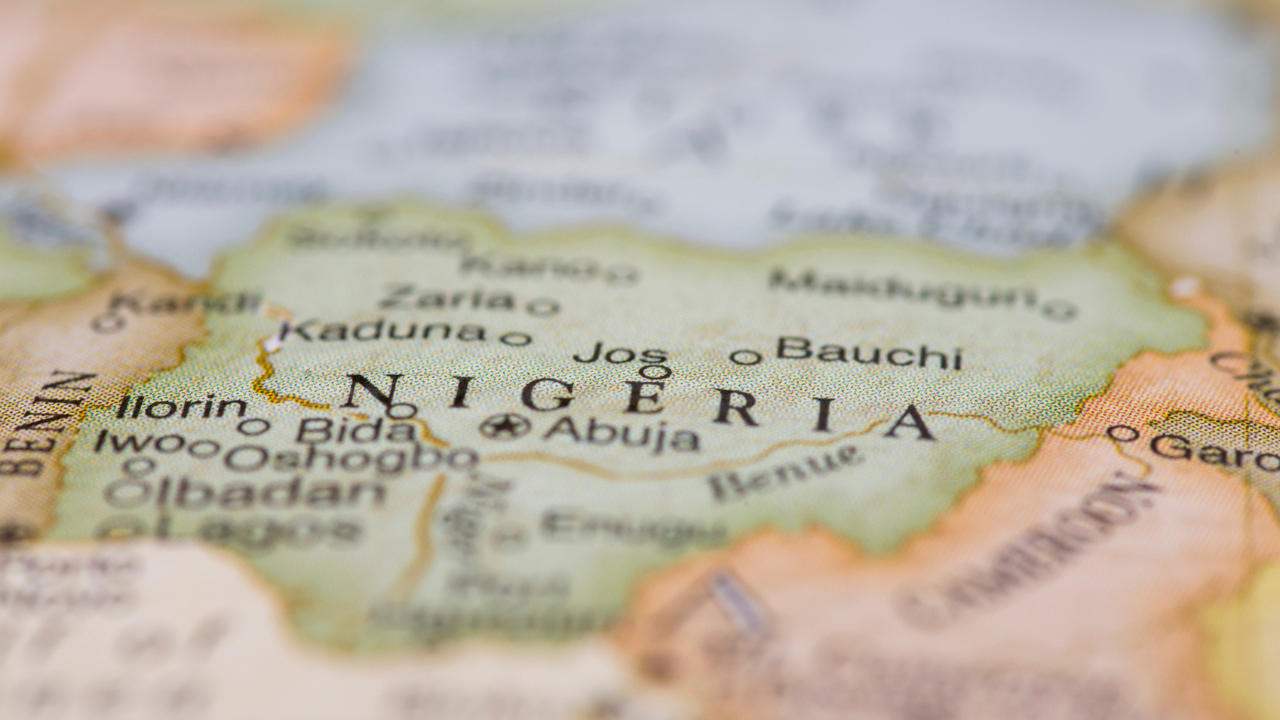Top Stories
Trump Labels Nigeria as ‘Country of Particular Concern’ Amid Violence

Former President Donald Trump has issued a stark warning regarding the safety of Christians in Nigeria, claiming that they face an “existential threat” due to increasing violence from radical Islamist groups. In a post on his Truth Social platform on March 15, 2024, Trump designated Nigeria as a “country of particular concern” in response to escalating religious violence. He stated, “Thousands of Christians are being killed. Radical Islamists are responsible for this mass slaughter.”
In his announcement, Trump called on Congressman Riley Moore (R-W.Va.), Chairman Tom Cole (R-Okla.), and members of the House Appropriations Committee to investigate the situation and report back. He emphasized the United States’ obligation to act, declaring, “The United States cannot stand by while such atrocities are happening in Nigeria and numerous other countries.”
Escalating Violence Against Christians
The plight of Christians in Nigeria has reached alarming levels, with reports of villages being burned, churches destroyed, and worshippers killed during services. Boko Haram, the Islamic State West Africa Province (ISWAP), and Fulani militants have increasingly targeted Christian communities, particularly in northern and central regions. In a recent incident, militants attacked the village of a bishop shortly after he testified before Congress, resulting in over 20 fatalities.
This year alone, similar assaults in Plateau and Benue states have claimed hundreds of lives. Witnesses reported gunmen shouting “Allahu Akbar” as they torched homes and churches. According to the watchdog group Open Doors, nearly 70% of all Christians killed for their faith worldwide in the past year were in Nigeria. Estimates suggest that between 4,000 and 8,000 Christians are killed annually, with many others kidnapped or forced to flee.
Calls for International Action
Mark Walker, President Trump’s ambassador-designate for International Religious Freedom, stressed the need for the United States to pressure the Nigerian government to take action. “Even being conservative, it’s probably 4,000 to 8,000 Christians killed annually,” he stated. “This isn’t about politics — it’s about human life. We’re talking about women and children being kidnapped and horrific things happening.”
Both the White House and Pope Leo XIV have condemned the violence, warning it could destabilize the region. Conversely, Nigerian officials have denied systematic targeting of Christians, labeling claims of mass persecution as “very misleading.” However, Senator Ted Cruz (R-Texas) countered this narrative, asserting that over 50,000 Christians have been killed since 2009, with more than 20,000 churches destroyed. He referred to the situation as “a crisis of religious genocide.”
Despite growing global concern, attacks continue across Nigeria’s Middle Belt, prompting survivors and clergy to call for urgent international intervention. A priest from Plateau State poignantly noted, “When the world stays silent, the killers return.”
As religious violence persists, the international community faces increasing pressure to address the crisis and protect vulnerable populations in Nigeria and beyond.
-

 World4 months ago
World4 months agoSBI Announces QIP Floor Price at ₹811.05 Per Share
-

 Lifestyle4 months ago
Lifestyle4 months agoCept Unveils ₹3.1 Crore Urban Mobility Plan for Sustainable Growth
-

 Science3 months ago
Science3 months agoNew Blood Group Discovered in South Indian Woman at Rotary Centre
-

 World4 months ago
World4 months agoTorrential Rains Cause Flash Flooding in New York and New Jersey
-

 Sports3 months ago
Sports3 months agoBroad Advocates for Bowling Change Ahead of Final Test Against India
-

 Top Stories4 months ago
Top Stories4 months agoKonkani Cultural Organisation to Host Pearl Jubilee in Abu Dhabi
-

 Science4 months ago
Science4 months agoNothing Headphone 1 Review: A Bold Contender in Audio Design
-

 Top Stories4 months ago
Top Stories4 months agoAir India Crash Investigation Highlights Boeing Fuel Switch Concerns
-

 Sports3 months ago
Sports3 months agoCristian Totti Retires at 19: Pressure of Fame Takes Toll
-

 Business4 months ago
Business4 months agoIndian Stock Market Rebounds: Sensex and Nifty Rise After Four-Day Decline
-

 Politics4 months ago
Politics4 months agoAbandoned Doberman Finds New Home After Journey to Prague
-

 Top Stories4 months ago
Top Stories4 months agoPatna Bank Manager Abhishek Varun Found Dead in Well









